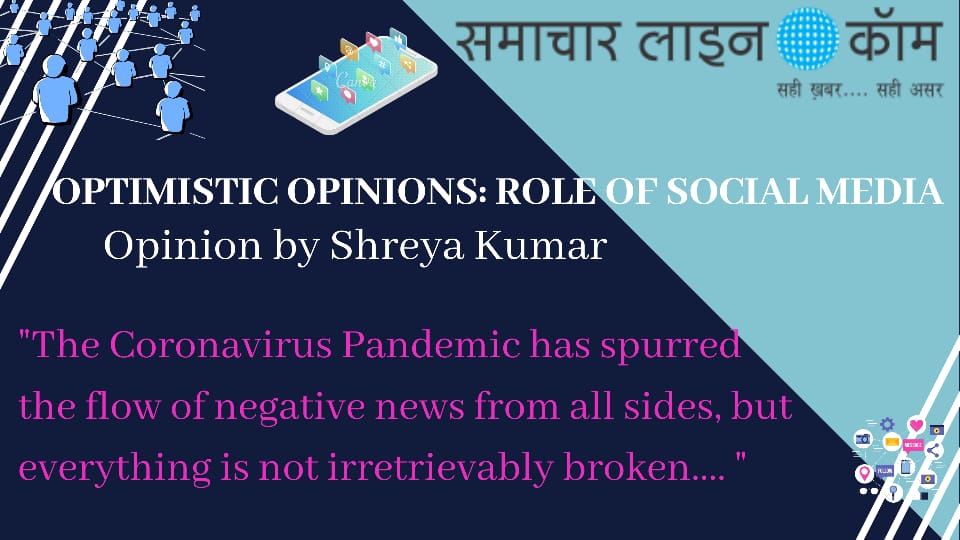The Coronavirus Pandemic has spurred the flow of negative news from all sides, but everything is not irretrievably broken. Many acts of kindness are being carried on by the common man which are inherently selfless in nature thus rekindling our faith in altruism-the very essence of humanity. In these trying times social media is acting as a catalyst for social change, bridging the gap between the needy and the affluent as well as making a difference in the right direction.
On 18th April,Kannaiyan Subramanian,a farmer from Arachalur, in Erode, Tamil Nadu uploaded a video on Twitter highlighting his 3.5 acres of cabbage going to waste due to the lockdown, as a result of which he could face a loss of Rs 4 lakhs. His video garnered more than 3,40,000 views and within 10 days he was able to sell 42 tonnes of his harvest to various organizations which included social enterprises, charitable trusts as well as NGOs. As it is rightly said, that an act of kindness inspires another,the farmer also donated 12 tonnes of his cabbage to the tribal communities in the Nilgiris and Thalavady.
Another unique story is that of Stephanie Herve, a music therapist hailing from Bordeaux, France who was stranded in Kochi amidst the lockdown. In spite of the French Consulate’s offer to aid her in returning to France, she chose to stay back and help underprivileged families. Using Facebook for her live singing performances she successfully raised funds amounting toRs 6 lakh and provided grocery kits comprising of rice, pulses and other essential items to more than 1,350 families.
Fake rumours are no less than a virus these days; just as a virus requires a living medium to survive and spread; so do these fake news articles; all they require are social media platforms like WhatsApp, Facebook or Instagram and in an instant they can wreak havoc. To address this menace; a team of 600+ scientists, illustrators, coders etc. have begun a website; called “Indian Scientists’ Response to COVID-19”. The volunteers act as hoax busters- discrediting rumours and misinformation about the Coronavirus by providing scientific reasoning,rational explanation and evidence.
Recentlysome Indian students were stranded at the Rome airport and were not being allowed to return to India without a COVID-19 negative certificate. They made a video appeal and shared it across social media platforms. Dr Bindu Satyajith, the founder of Kerala-based NGO, EUnnathi received the video on 10th March. She instantly forwarded the video to Shyam Kurup, a Naval architect from Alappuzha who had played a major rolefor relief missions during the 2015 Nepal earthquake, as well as the2018 floods in Chennai and Kerala. The duo worked tirelessly together for seven daysand provided essentials to the students stuck at the Rome airport,successfully bringing back 14 of them by sponsoring their flight tickets.
Saritha Vijayakumar designated as the Senior Hindi teacher at the MarThoma Public School, in Kakkanad, Kochi, Kerala, created a WhatsApp group comprising of 35 students studying in class 9 and has been giving them farming lessons for free. The dedicated teacher with a green thumb grows fresh vegetables in her own garden; encouraging her students to do the same and also provides them with her own tips and tricks, thus making gardening an easier, enjoyable process for them.
While social distancing is an imperative step to be followed this lockdown, it is social media which brings us all closer.
Shreya Kumar

